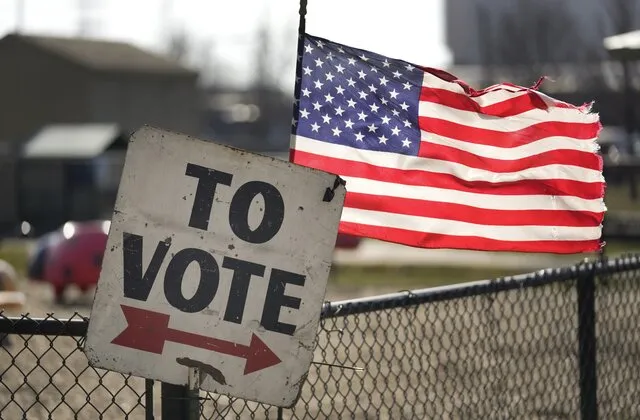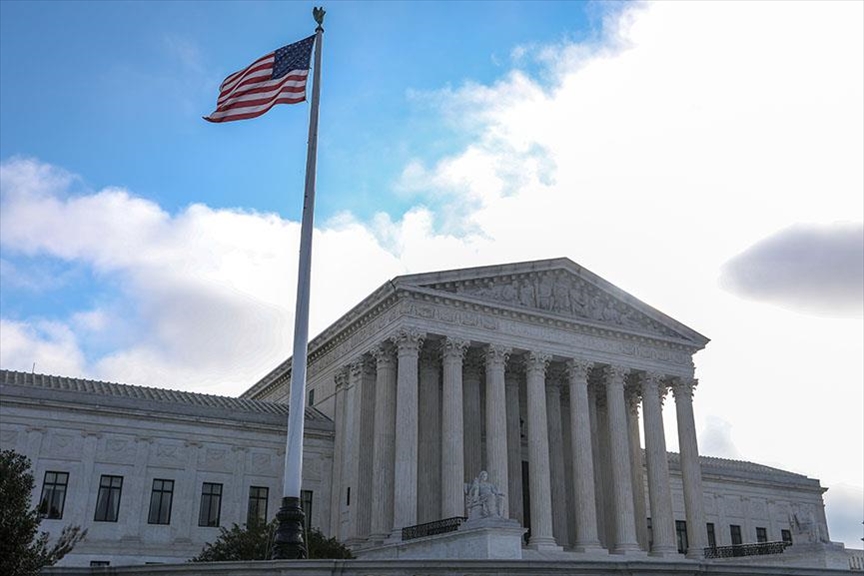The effect of Super Tuesday in the United States

The effect of Super Tuesday in the United States could determine the anticipated victory of Donald Trump on his way to the presidency.
This Tuesday, March 5, could be defining for the race for the Republican Party’s presidential nomination.
The effect of Super Tuesday in the United States would be a “click” action, as it would determine the first step of the controversial politician.
Donald Trump has swept the five states and one territory where his party has held primaries: Iowa, New Hampshire, Nevada, South Carolina, Michigan and the Virgin Islands.
But the effect of Super Tuesday in the United States could be the final confirmation that the businessman will again face Joe Biden next November 2024.
During Super Tuesday, a large number of states or territories simultaneously organize electoral contests that help to define the presidential candidacies of both the Democratic and Republican Parties.
Since Biden has virtually no competition on the Democratic side, the Republican primaries are the ones getting all the attention this year.
Read more: HOW MUCH YOU NEED TO BE PART OF THE RICHEST 1% IN THE UNITED STATES.

The effect of Super Tuesday in the U.S.: Trump could deliver a checkmate punch
The effect of Super Tuesday in the United States is determined by the number of states participating.
This year, on Super Tuesday in the United States, primaries will be held in 15 states and one territory: Alabama, Alaska, Arkansas, California, Colorado, Maine, Massachusetts, Minnesota, North Carolina, Oklahoma, Tennessee, Texas, Utah, Vermont, Virginia and American Samoa.
The effect of Super Tuesday would be overwhelming, as it gathers 874 of the total 2,429 delegates in one day, and it is usually the time when the favorite to win the presidential nomination emerges.
Despite this, Donald Trump already has a considerable lead of 122 delegates to Haley’s 24. Therefore, there is talk of an almost certain victory.
The so-called “delegates” are mostly activists or leaders of a community, belonging to the party, who come to vote at the National Convention – the culmination of the primary process – for the party’s candidate for the presidency.
In general, these delegates vote based on the results of the primaries: that is, if a candidate has won two delegates in a state, those two people should in theory vote for that candidate at the convention.
Read here: FORMER U.S. DIPLOMAT ACTED AS A SPY FOR CUBA.
However, there is some room for flexibility, and given that politics is very changeable, there may be situations where those delegates were won by a candidate who dropped out of the race and did not make it to the convention.
Despite the difference at the moment, Haley has only a theoretical chance of preventing the former president from getting the nomination.
Still, voting will continue until June 2024 if she decides to stay in the race.

This year, the Republican National Convention will be held from July 15-18 in the city of Milwaukee, while the Democratic one from August 19-22 in Chicago.
Trump remains the candidate with the best chance of winning the nomination, after triumphing in all six primaries held so far.
Each Donald Trump win brings him closer to a rematch between the former president and Biden.
These months will be very busy for Donald Trump.
Not only is he running for the White House, he will also face several legal processes in court, including criminal charges for the attempt to overturn the results of the 2020 elections.
We recall that Florida Governor Ron DeSantis, as well as other presidential candidates, including Indian-American businessman Vivek Ramaswamy and former New Jersey Governor Chris Christie, dropped out of the race and supported the former president.
Haley argues that the election should be contested, not socialist-style where there is only one challenger.






